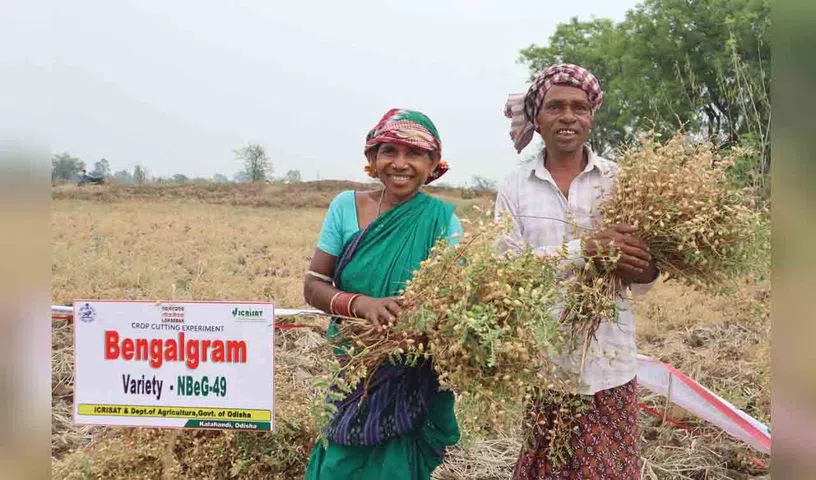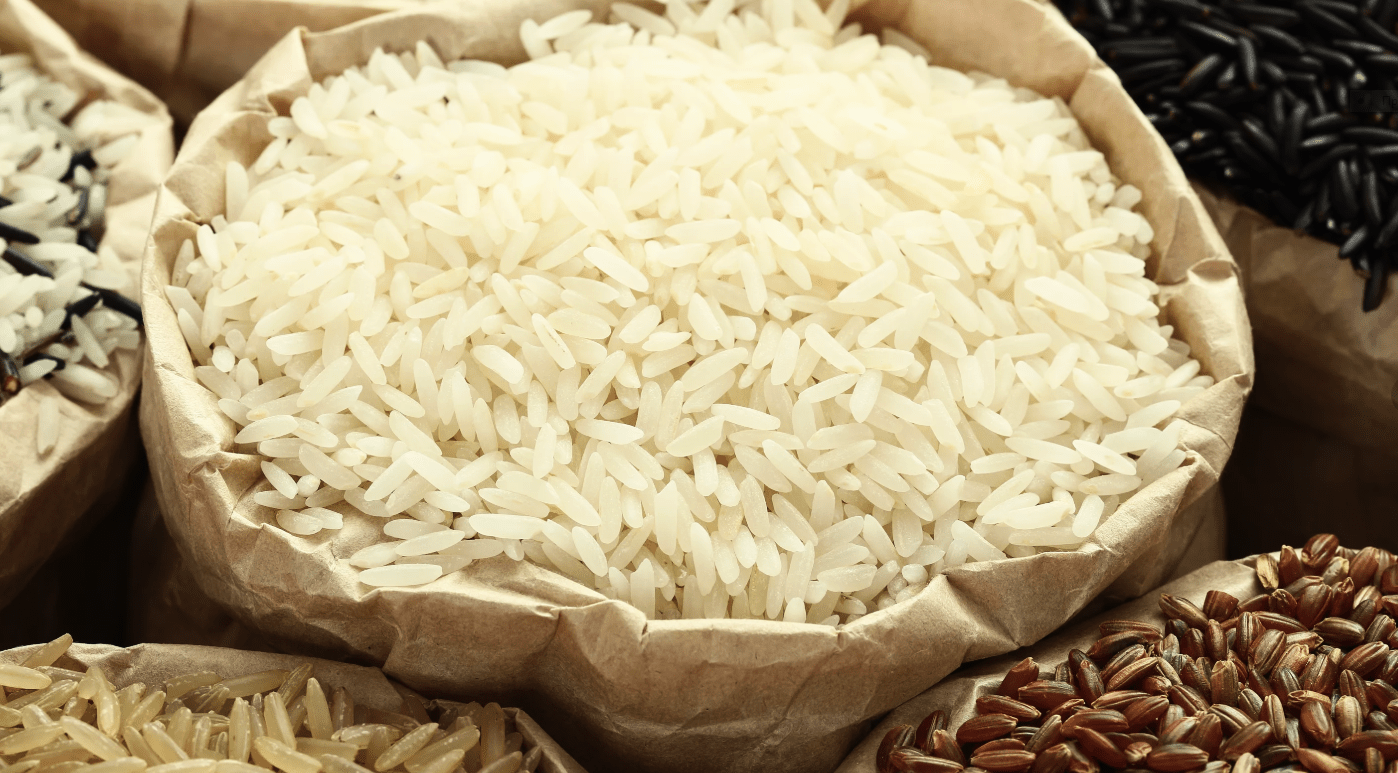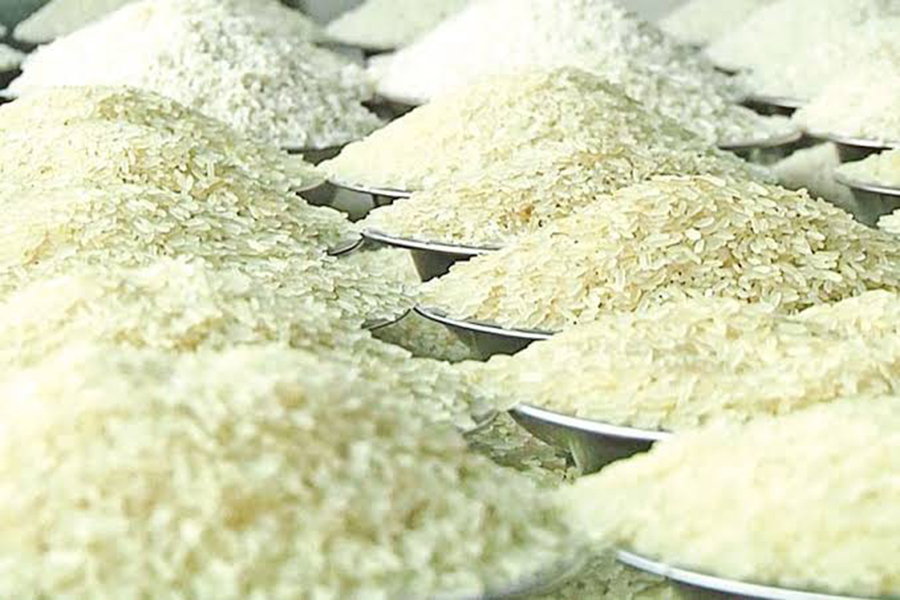Tags
ICRISAT’s rice-fallow cultivation in Odisha proves success
Women from tribal communities are known to be socially cohesive, preserving and passing on indigenous knowledge while creating buy-in to new solutions that align with their values.

Sangareddy: In the Koraput district, home to the indigenous people of Odisha, women are both guardians of their agricultural heritage and champions of change.
Women from tribal communities are known to be socially cohesive, preserving and passing on indigenous knowledge while creating buy-in to new solutions that align with their values.
Keeping with their ethos, pulse cultivation methods introduced through the ‘Comprehensive Project on Rice Fallow Management’ in 2022-2023, steered away from chemical fertilisers and pesticides to the best extent possible.
The project was implemented by the International Crops Research Institute for the Semi-Arid Tropics (ICRISAT) in partnership with the Government of Odisha and with the support of Pragati, a local NGO. Director General of ICRISAT, Dr Jacqueline d’Arros Hughes commended the project’s on-the-ground impact.
“Project reports indicate that 53 per cent of registered farmers are women, who have seen significant income gains from growing pulses in rice fallows,” stated Dr Hughes.
“Additionally, the increase in dietary diversity and the rise in daily per capita pulse consumption to 40 grams, meeting the Indian Council of Medical Research (ICMR) guidelines, are notable achievements.” The introduction of short-duration pulses – chickpea and black gram – that are ready to harvest in just 90-100 days and can thrive during the post-rainy season (rabi) in the residual moisture of the rice fallows was critical to the project’s success, according to a press release.
“The project inspired close to 62 per cent of participating farmers to cultivate a second crop for the first time in the last five years. Cultivation of rice fallows doubled, and the productivity of black gram and chickpea increased significantly,” said Dr Sean Mayes, Global Research Program Director, Accelerated Crop Improvement, ICRISAT.
With the support of the Government of Odisha, the project methodology was scaled up in eight districts of Odisha, currently benefiting 1,52,601 farmers.
https://telanganatoday.com/icrisats-rice-fallow-cultivation-in-odisha-proves-successPublished Date: May 25, 2024






